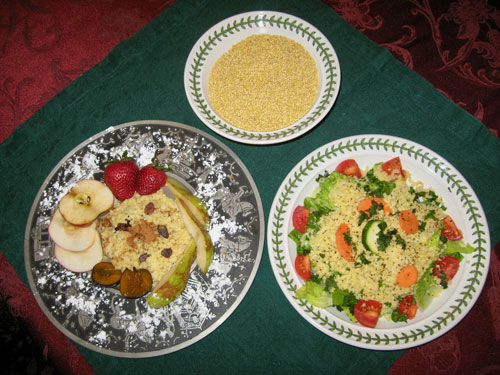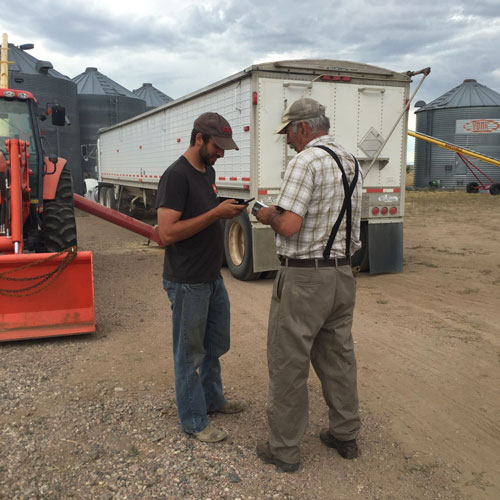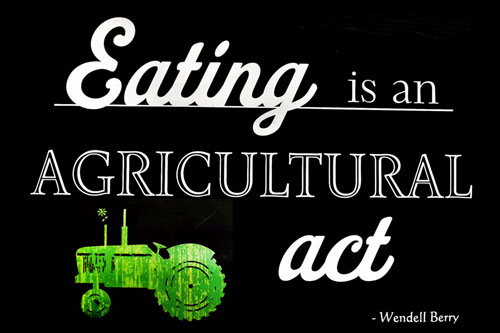Our certified organic farmers never use glyphosates. Glyphosate is an herbicide used in many agricultural crops. It was first introduced in the early 1970’s and is now the most widely used herbicide in the world, accounting for a significant portion of the global herbicide market. Glyphosate is a non-selective herbicide, meaning it will kill most plants. It prevents the plants from making certain proteins that are needed for plant growth. A wealth of other scientific studies have been performed to investigate the toxicity of this herbicide, which indicate that glyphosate is associated with various additional health conditions, including hypertension, diabetes, obesity, senile dementia, inflammatory disease, thyroid and liver cancers.
Our certified organic farmers never use desicants. A crop desiccant is a rapidly sprayed chemical that kills everything evenly and is highly suspect of being cancer causing. Many experts in the industry believe the use glyphosate as a desiccant causes cancer.
Organic farming is a method that requires growing millet with the use of NO chemicals, or GMO’s. We are re-certified each year and follow international rules and regulations, that must be met by all organic farmers. Using the word organic without certification is a felony.
Regenerative farming is a philosophy that is currently unregulated, the intent is to manage land to impact the environment in a positive way.
There are similarities between these 2 practices, but the main difference is that organic farming is strictly regulated to protect the consumer. Presently many farms using the term regenerative are not certified.
Yes, Golden Prairie millet is a gluten-free grain, ideal for a diagnosed celiac or gluten intolerant individual. Equally as important, Golden Prairie maintains a gluten-free, dairy-free, peanut-free, tree-nut free, and soy free processing plant.
Explore our interactive map to see what stores carry Golden Prairie Millet.
VIEW MAPYes, our organic gluten free millet is GMO FREE. All organic grains are required to be GMO free. GMO is the abbreviation for the term genetically modified organism which is a plant whose hereditary material has been altered using genetic engineering techniques.
Millet is a drought tolerant grain that grows well under tough conditions marked by climate change. Each year the climate in the Western United States is becoming more arid, crops like millet help our farmer utilize dryland farming techniques which keeps water in our local watersheds.
Millet is grown in the U.S. and has a small carbon footprint (a carbon footprint is a measure of the impact our activities have on the environment), in comparison to other grains like quinoa. Quinoa comes from Bolivia and has a HUGE footprint because it travels all the way from the Andes in Bolivia, South America. Our millet is both organic and GMO free.
Click the link below to view how Golden Prairie millet is grown.
VIEW VIDEOOur organic millet is grown in Colorado, Nebraska, Montana, and South Dakota. Golden Prairie millet is an American grain raised by farm families who want to provide the best local crops available to our consumers. Our farmers always use fully cleaned farm equipment to assure our customers that there is no possible cross contamination.
Millet is considered an ancient grain which means the seeds have been around for over 1,000 years and are free of hybridization and genetic manipulation. That’s important because many people find they can digest ancient grains eaiser than they do modern grains.
Simply, everyone should eat millet. Millet is super nutritious and tastes delicious. It works well with just about every flavor and it is very quick and easy to prepare. Also all Golden Prairie millet is grown in the USA and is an inexpensive organic gluten free grain.


